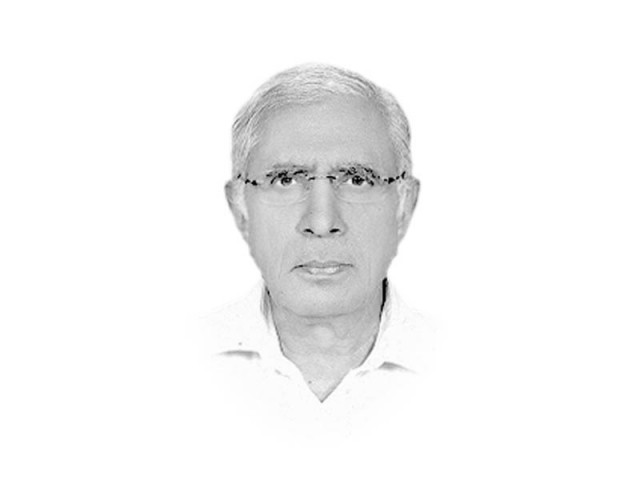Surveillance
Official surveillance activities need revisiting to ensure safeguarding personal privacy of individual citizens.

Of course, Rupert Murdoch’s News of the World has paid a heavy price in terms of its closure and incarceration of a number of its staffers for cell phone hacking of dead people and celebrities. But there is no guarantee that the crime would not be repeated or is not being repeated right now by some unscrupulous media personnel or media organisations.
What is more worrying is that similar tools, but more powerful than the ones now available to the media, are in the hands of the states as well and most of these states, whether democratic or authoritarian, are using them for unauthorised, illegal surveillance of their own citizens and that too at the individual, personal level. In fact, if one were to go through the details of what is covered by the US National Security Agency’s (NSA) Global Surveillance programme (GSP) — made public by whistle-blower Edward Snowden — one is horrified to find that nothing is private or secret in either the US or any place in the world that comes within the range of the GSP.
That the state of Pakistan is currently engaged in pervasive surveillance of large numbers of its citizens and visitors is beyond question. But then in a country like Pakistan, which has been overrun by militants over the past seven or so years, such widespread surveillance can be justified as being necessary to prevent crime or terrorism. But there is no guarantee, in the view of our establishment’s past record, that such surveillance would not be used to stifle criticism of and opposition to the government.
To quote a BBC report filed by its Pakistan Bureau Chief, Haroon Rashid, in June last year, surveillance through the internet had picked up in Pakistan after the September 11 attacks and that Pakistan is allegedly the second most snooped country in the world. The report said the University of Toronto’s Citizen Lab had identified Pakistan among the countries where FinFisher, a commercial intrusion and monitoring software, servers had been found. FinFisher, said to be a legitimate surveillance software, can secretly take remote control of a computer, and copy files, intercept Skype calls and log every keystroke.
After publication of the Citizen Lab report, a consortium of NGOs and individuals led by Bolo Bhi (Speak up) advocacy group urged immediate investigation of the claim and to publicly disclose their findings. Quoting Bolo Bhi’s director, Sana Saleem, the BBC report said there were two possibilities: one that elements of the government of Pakistan are deploying FinFisher Trojans or that a foreign government is using a server inside Pakistan for a digital espionage campaign. “Either one of these possibilities is highly troubling and the findings warrant immediate investigation,” she said.
While one would like to be reassured officially on this score, one, however, is more than worried at the ease with which the militants have been able to dominate our cyberspace, using it at will for carrying out precision attacks on such securely guarded targets like the army, air force and naval installations, ISI offices, and police stations. They have not only killed and massacred ordinary citizens and personnel of security forces with complete impunity but have also managed dramatic jailbreaks to free their captured colleagues with the security forces looking on helplessly. At times it appeared as if our surveillance operatives were deliberately looking the other way as the militants swooped on their victims. It is only with the advent of Operation Zarb-e-Azb that we seem to have neutralised, hopefully, the militants command over our cyberspace. But like with the Pakistan Protection Act, the official surveillance activities too need frequent revisiting to ensure safeguarding personal privacy of individual citizens and to curb the state’s tendency to assume the role of George Orwell’s Big Brother.
Published in The Express Tribune, July 23rd, 2014.
Like Opinion & Editorial on Facebook, follow @ETOpEd on Twitter to receive all updates on all our daily pieces.
















COMMENTS
Comments are moderated and generally will be posted if they are on-topic and not abusive.
For more information, please see our Comments FAQ